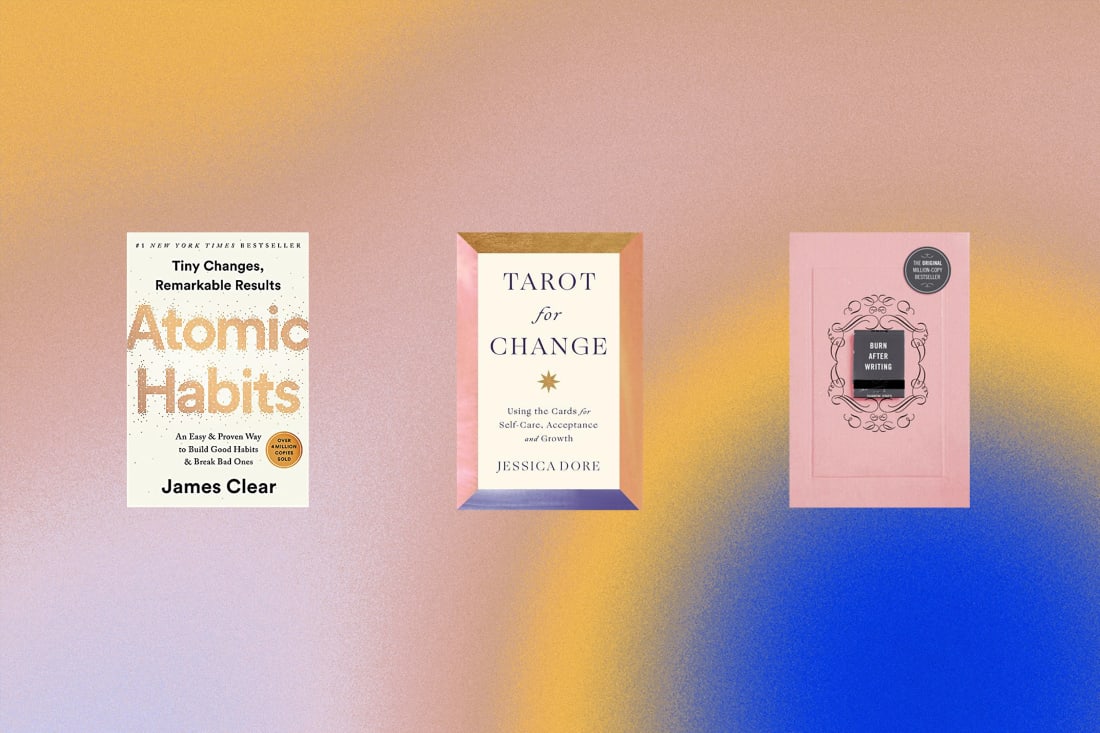Embrace the short story this summer holiday
Short on pages, not short on entertainment
Short on pages, not short on entertainment
Alright, I will immediately confess that there’s heaps of bias in this article on short stories. I love a good short story and have advocated for the short story as an art form to friends, work colleagues, and strangers in smoking areas, for years. And sure, I love novels, too occasionally, I even like very long novels such as The Shards, Bret Easton Ellis’s latest novel which clocked in at 608 pages but which I devoured in a couple days. It seems like everyone who reads fiction loves novels. While the short story is under-appreciated (especially in the United Kingdom), I am here to tell you why summer is the perfect time to embrace them.
So yeah, as I said, short stories have not had a whole lot of love as of late. This YouGov poll from 2020 suggests that just 14 percent of people in the UK said short stories were their favourite form of fiction. Sales for short stories in 2021 from mid-March to the end of the year were £4.1m. Total book sales in the UK for that year were £1.82bn (which was a record, though books have gotten more expensive) according to Nielsen BookScan.
While these sound like big numbers, when you break it down it means that short stories were just 0.22% of all book sales. Another way of looking at it is that crime fiction writer Richard Osman made roughly three times as much as the short story market on his own. And sure, you can find short stories as PDFs and in editorial publications like the New Yorker, Granta, The London Magazine and The Stinging Fly, which won’t have contributed to the overall figures above, but in bookstores at least, this goes to show short stories are still fairly unpopular. But anyway, enough about numbers (not many of us were good at both words and numbers in school, were we?)
The practical case for short stories is both obvious and manifold: let me count the ways...
THAT ATTENTION SPAN OF YOURS
First up, those long books with all those words… it's a bit like having a ten-minute classic rock song when you can have a three-minute pop banger. Sometimes we just don’t have time to take in a huge piece of work. Also, the daunting weight of a hefty novel can get a little discouraging if you’re unsure if you’ll love it. Especially if you’re looking to try out a new writer. For example, say you’ve never read any Dostoevsky, you could go right into Crime and Punishment (448 pages). Or you could read “White Nights”: a short story written by him, which can give you the general vibe of his writing without taking 11 hours and 58 minutes hours of your life (based on reading the book at the average pace of 250 words per minute).
Recently Esquire wrote about the current trend in slim novels, saying among other things, “readers everywhere - fatigued by the attention economy- are finally paying attention”. In essence, we are bored of the micro-content we get online, but we feel intimidated by long books, hence the rise in slim novels as a compromise. They also make reference to The New York Times’ classic “Books You Can Read in a Day” list. The logical progression of this is for shorter forms of literature to become more appealing, too. Stories You Can Read in an Hour, or something like that.
A SENSE OF ACCOMPLISHMENT
A book you can read in a day, or perhaps a long weekend, is obviously great. We all know the feeling of satisfaction (and, occasionally, sadness) that comes with finishing a book, as well as the feeling of being completely immersed in a story and not wanting to stop until it’s over. While the amount of time you’re willing to invest in the story means that big books often hit different, it can be really nice to start and finish an entire story in one lunchtime, or a commute. This is a fun way to bookend hours of work, but also in the summer, when we’re all whizzing about to parks and beaches and pools and lidos – short stories are a great way of micro-dosing the satisfaction of completing something (and it saves you hauling a huge lump of book around with you).
Plus there’s always times where we have a good half hour to kill, but we don’t want to start getting stuck into a chunky book only to be interrupted halfway through a chapter. Hello, entire short story! Flash fiction (short short stories, which are about the length of this article or smaller) exists too, making this possible even when you’re waiting like five minutes for the bus or someone is running slightly late.
COUNT STORIES NOT BOOKS
Books are beautiful because they give us access to lives and lessons that we otherwise might not discover. They let us dream, escape, imagine. They allow us to think about the world and debate important issues. The more we read, the more we learn, you could argue. This is likely at the core of why people count how many books they read, the productivity-obsessed approach to books which people have debated the value of for like a decade.
What’s for sure, is that we could count how many stories we’ve read instead of how many books. This might take some pressure off for people. It might allow us to be a bit slower with our reading too, knowing that we’re upping the story count (and by extension the book count) at a quicker pace than we might if we try to read War and Peace anyway. Taking in one short story a day could feel better than skimming through a load of chapters just to get to the end of a book even if you like the book. Of course, this isn’t going to stop anyone reading long books that they really want to read. But it might provide a bit of a refresh between long books.
MORE GOOD READS
If you’re unsure on where to start with short stories, you could pick up an anthology. Want some suggestions? There’s The Penguin Book of Italian Short Stories, T_he New Granta Book of the American Short Story_, You've Got to Read This: Contemporary American Writers Introduce Stories That Held Them in Awe. Then, there’s single author collections, genre collections, lots of stuff… go explore and see what appeals to you. A favourite of mine is A Swim in a Pond in the Rain which is sort of a how-to write book from George Saunders, but it’s also got seven short stories selected by Saunders from Russian literature (they used to love a short story in Russia). If you don’t want the essays breaking down what makes these stories good (or bad) then perhaps something like Russian Short Stories from Pushkin to Buida would be your vibe. Point is, you’ve an entire format of story to discover, that has to be exciting!
You might end up ahead of the curve by embracing the short story. Despite the statistics above about relatively small sales, short stories seem to be rising in popularity, if not with readers just yet, then certainty with writers. There is a small trend of novelists dipping into the short story collection world. Recent examples include Brandon Taylor who published Filthy Animals in 2021 as a follow up to his debut novel Real Life, Eliza Clark who is going to be releasing She’s Always Hungry with Faber, and Ling Ma, who wrote Severance, is following it up with a short story collection called Bliss Montage. These writers join the fold of exciting contemporary short story writers like Thomas Morris, Jon McGregor, Sarah Hall, George Saunders, and Nicole Flattery. And of course, there’s classics like Raymond Carver and Alice Munro to to discover for the first time, and a whole lot more (short stories date back to the ancient Greeks).
Ultimately, if we focus on how good something is and not how long or short it is, we liberate writers too. They’ll be able to write the things they really want to write, whether it’s a six page story or a 1000 page epic. If we judge things on how good they are, not what they are, writing will improve and so will the number of new books we have to enjoy. The saying goes: don’t judge a book by its cover, but we should also remember that (book) size isn’t everything.



